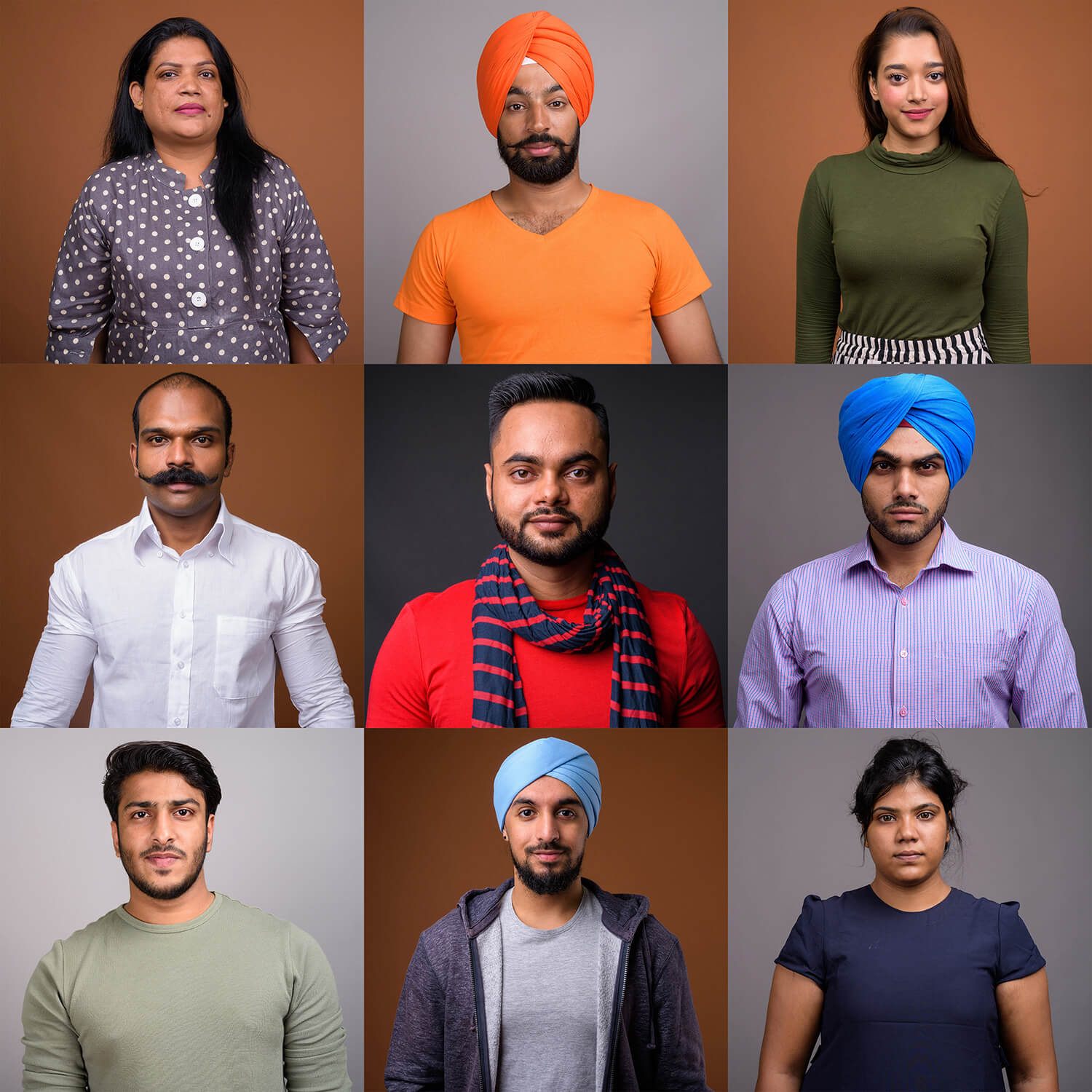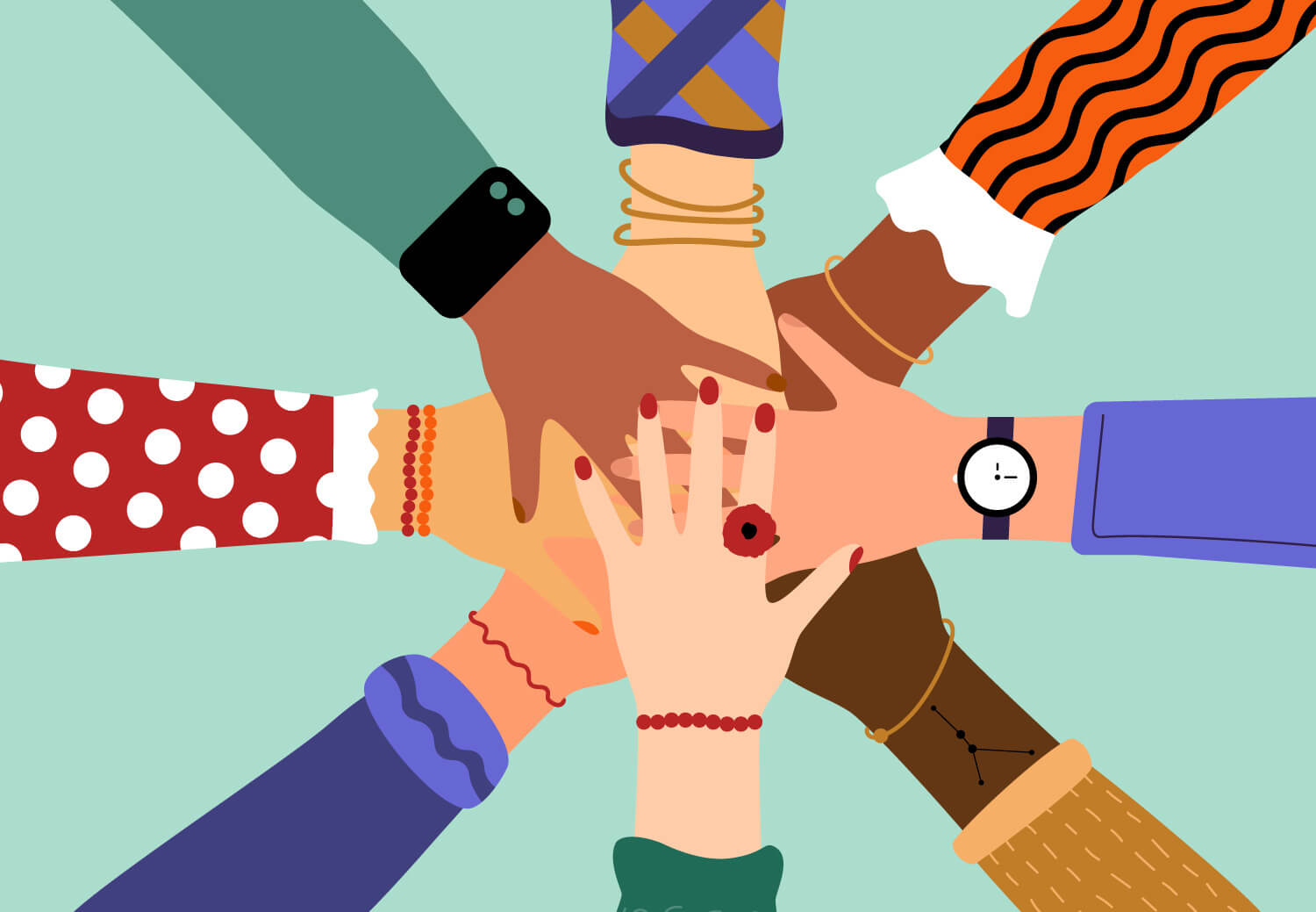Diversity.

In order for us to unearth the meaning and significance of pluralism, it is extremely important that we first turn our attention to considering the philosophy of universalism in ethics. SHRG believes that there is a tendency, amongst the international human rights community and prominent international organisations and agencies who are striving to protect human rights, towards adopting universal language when it comes to tackling the issues surrounding diversity.

When to truly fix the issue pluralist language is required. For instance, many United Nations Conventions, Treaties, Regulations, and Agreements centred on protecting human rights are based on a false assumption that there is one universal set of collective values. This type of so-called universalism is the idea that one size fits all or that one universal ideology of ethics can justifiably permeate all International Agreements and can therefore be directly applicable to all civilizations and cultures around the world. That this universalistic outlook is the key to solving all of the diversity issues that currently persist around the globe. However, SHRG believes that what the above model fails to include is the fact that different people, cultures, civilizations, and countries have different approaches, which also change over time, to political, economic, social policies based on historical and cultural influences that determine their governance and/or their individual approaches to tackling the issues surrounding diversity.
Almost all cultures, civilizations, and community belief systems have some concepts, rules, and taboos that can inform us about the human relationship between people from all corners of the globe. If we take the environment for instance, through the Repository of World Views of Nature project we can see how all indigenous peoples have sophisticated environmental protection concepts that date back to prehistory. However, this is just one of many examples of how important it is to adopt an approach that encourages people from all backgrounds to be represented.
What has occurred through the dominance of colonial legacies is that many environmental organisations and agencies marginalize the wisdom that cultures and belief systems carry about human relationships with nature and which were embedded in traditions, customs, festivals, and outlooks. Therefore, in pursuit of imposing a universal rule of law and a colonial mentality as a philosophical basis to the political doctrine underpinning our global societies, the dominant culture has displaced and disenfranchised peoples’ own value systems that have served the close coexistence between human societies for millennia.
Therefore, SHRG believes that it is only when people learn to coexist with people from all cultures, ethnicities, and backgrounds that we will be able to eradicate issues surrounding diversity and lack of acceptance. For instance, adopting pluralistic phrasing in a Declaration on Diversity will encourage people to live through their own customs, beliefs, and cultures. This in turn will result in the human population as the whole acting with greater passion for the protection of one another and/or moving away from what is currently found under the prevailing utilitarian, legalistic and rationalistic approach. SHRG works with like-minded institutions and movements to promote coexistence rather than mere tolerance.

All human beings and communities should co-exist with dignity and in harmony with each other. Therefore, the SHRG strives to achieve Diversity by encouraging International bodies such as the United Nations to use language that is inclusive of all and that inspires co-existence rather than mere tolerance.

The SHRG is working on the United Nations Declaration on Diversity, this idea was formed during the run-up to the UN World Conference Against Racism in Durban, 2001. SHRG started with the proposition that Racial Parity is pointless without Cultural Parity; this was then taken up by a number of countries. Cultural diversity became a big issue and major component of the Durban Declaration and Plan of Action. The Declaration represents the commitments arising from the complex global dialogue which took place. It addresses past manifestations as well as contemporary forms of racial discrimination. The Programme of Action is a roadmap illustrating how the international community will follow up on these commitments. It indicates the steps to be taken to put an end to racism, racial discrimination, xenophobia, and related intolerance and to prevent their future occurrence.

The United Nations and the world community have made great strides in reducing discrimination of various kinds, such as race, gender, disability, lifestyles, beliefs, etc… These have been achieved through the enactment of many Conventions, such as the ICCPR, the ICERD, the Convention on the Elimination of all Forms of Discrimination Against Women, and so on.

They have also been achieved through the activities of various UN institutions such as the OHCHR, UNICEF, UNESCO, and UN Women. Who all work incredibly hard to reduce discrimination in all of its various forms. However, discrimination persists!
The Declaration will promote many of the sentiments of the Durban Declaration and bring together proposals for positive programs to strengthen the rights-based approach to ending discrimination. Those States who sign up for this Declaration on Diversity will adopt positive programs of bringing greater awareness of diversity, promoting inclusion within State and non- State institutions, and encouraging society to be comfortable with diversity so that people do not feel marginalised or discriminated against.
The Declaration will encourage States to bring the United Nations attention to the positive actions that they have taken such as the programs they have adopted to make their population comfortable with diversity.
However, our global community must work together to further take forward the work of the United Nations and its many agencies in the field of Diversity.
Existing UN Declarations that fight for diversity while substantial, there are no longer sufficient for our modern pluralistic planet. This planet is home to billions of living creatures from organisms, plants, animals, and humans. Despite the Declarations that exist, discrimination occurs primarily because people are fearful of ‘the different’ or because they wish to preserve particular relations of power by exclusion or exploitation. In this sense, people that come from different cultures are perceived as a threat to what is thought to be a ‘homogenous national culture’. Diversity is perceived as a threat because homogeneity is treated as an indication of ‘normality’ while diversity is seen as a result of the ‘invasion’ of the different into the ‘homogenous’ whole. However, a thorough look into human history and today’s world can convince people that diversity and not homogeneity is the starting point of a dynamic process that involves a wide variety of perspectives, ways of life, individual and communal identities, and economic-political circumstances that blend and change through time. If such an approach is adopted, diversity will cease to be labelled as a threat and will be approached as an opportunity for the equal and peaceful co-existence of different peoples. Indeed, as the existing Declarations suggest and our brief declaration proposes, world history is richer for this diversity.
The United Nations is exactly that, nations who are united to ensure there is peace globally and any disagreement is settled before the war, yet so for too long, we have seen the UN use the universal language that only speaks to a post-colonial globe and not the entire demographic. The UN is guilty of hegemony as the countries holding the most power are the states in the northern hemisphere and who have profited from countries who they colonised or took
UNESCO Declaration on Cultural Diversity: Universal Declaration on Cultural Diversity” (UDCD) to help preserve and promote cultural diversity worldwide. The UDCD aspires to enhance the recognition of cultural diversity, the awareness of the unity of humankind, and the development of intercultural exchanges
Durban Declaration and Program of Actions 2001: on Racism. Xenophobia and Related intolerance- Adopted by consensus at the 2001 World Conference against Racism (WCAR) in Durban, South Africa, the DDPA is a comprehensive, action-oriented document that proposes concrete measures to combat racism, racial discrimination, xenophobia, and related intolerance.
A Diversity Day will be an annual commitment by States to show case the diversity models they have adopted and an annual celebration of Diversity in all its forms. SHRG believes that such a Declaration will take some years to formulate, however, as a way of gaining momentum, at a time when this is needed more than ever, you are invited to join the SHRG. Hear our proposal and work together to end discrimination through a twin process of law and positive programs.
